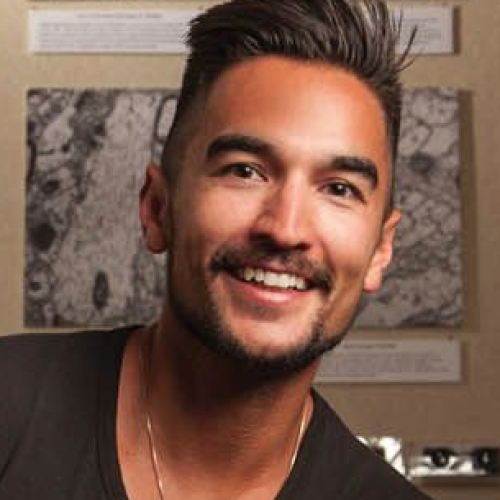Education (MEd): Contemporary Issues in Education
Length of program
Mode of delivery
Program consists of:
Campus
Intake
Program description
Upcoming webinar: Watch Webinar
Master of Education | Major: Contemporary Issues in Education
Classes begin Summer 2026
This program is a unique collaboration between the Faculty of Education, known for teaching excellence, and the Department of Neuroscience, a vibrant and dynamic scientific community recognized internationally for cutting-edge research.
The program is completed over three years in a blended delivery format. Summer term includes several weeks on campus in July. Fall and winter courses are offered online.
Students in this cohort:
- study the principles of brain development in order to understand the impact these processes have on learning and behaviour
- examine how neuroscience and educational research can inform the design of learning environments and instructional practices
- gain the skills, tools, and knowledge necessary to enhance teaching practice and facilitate better educational outcomes
- become critical consumers of neuroscience findings, particularly as they are applied to educational settings.
This program does not lead to teacher certification
- Individuals seeking teacher certification in the province of Alberta should refer to the Bachelor of Education program.
- More than 50% of the courses in this program follow an online delivery format. Please be advised that due to the blended nature of this program, graduates will not be eligible to apply for a post-graduation work permit after completing this program.

“This program instilled the value of teacher-as-researcher in me. If I can link behaviour to a structural or developmental issue I can go from there to best assess and move forward to benefit students.”
~ Riley Kostek, (BSc’09/BEd’11, MEd'22)
Read more about Riley's experience
